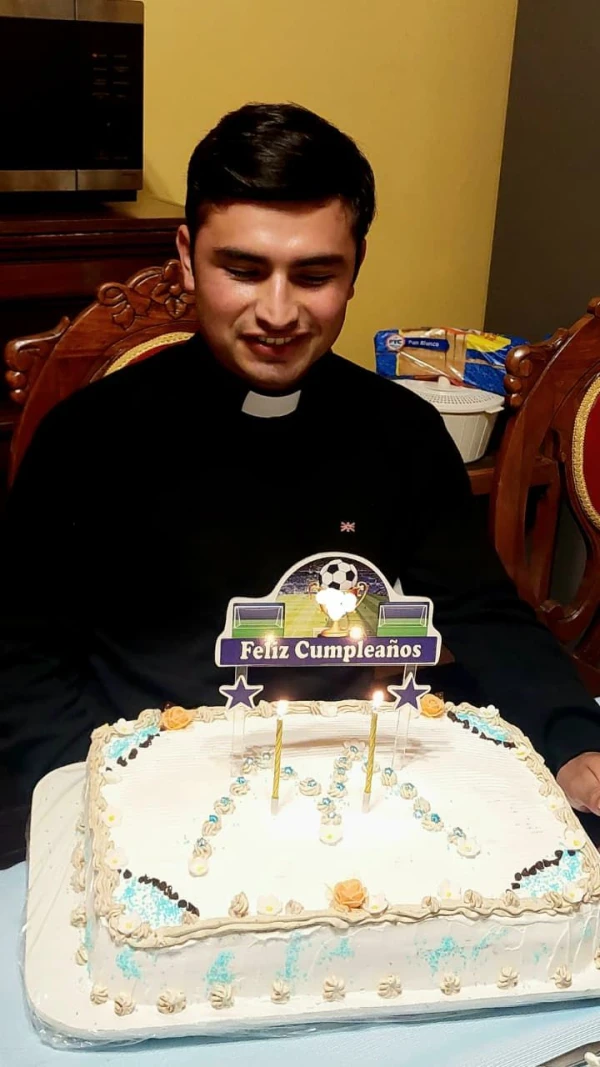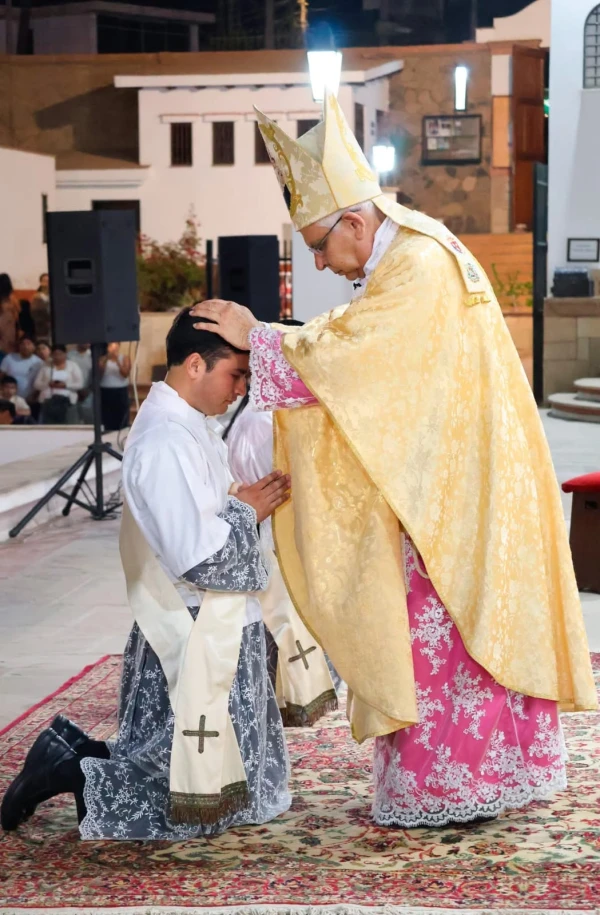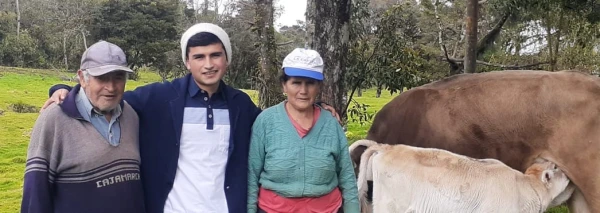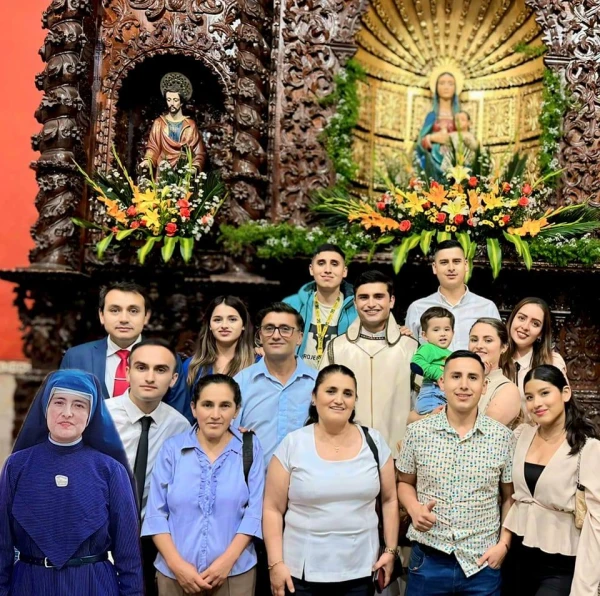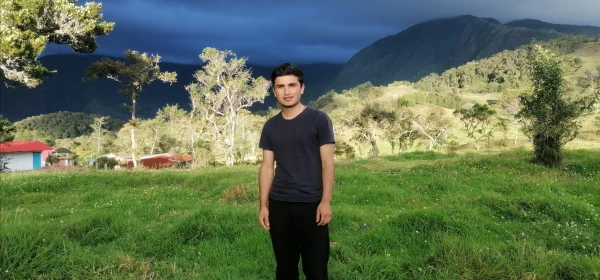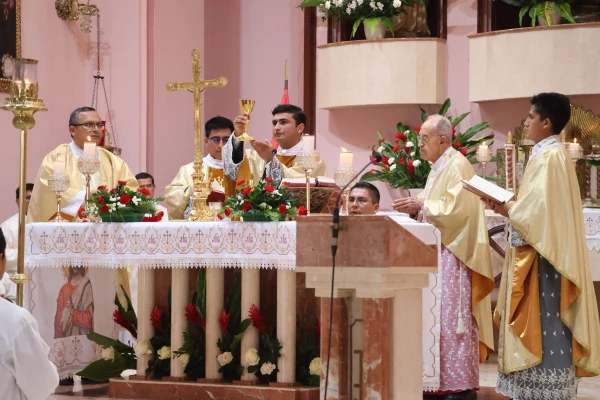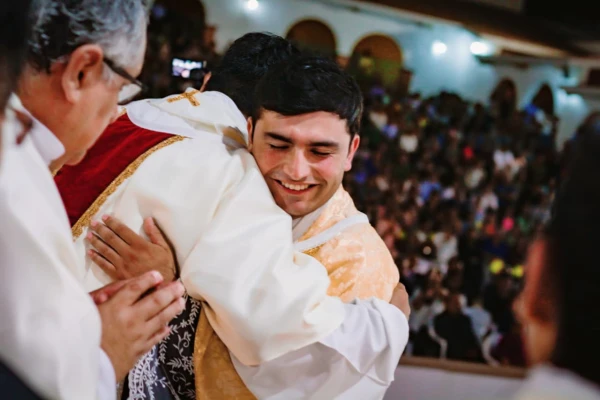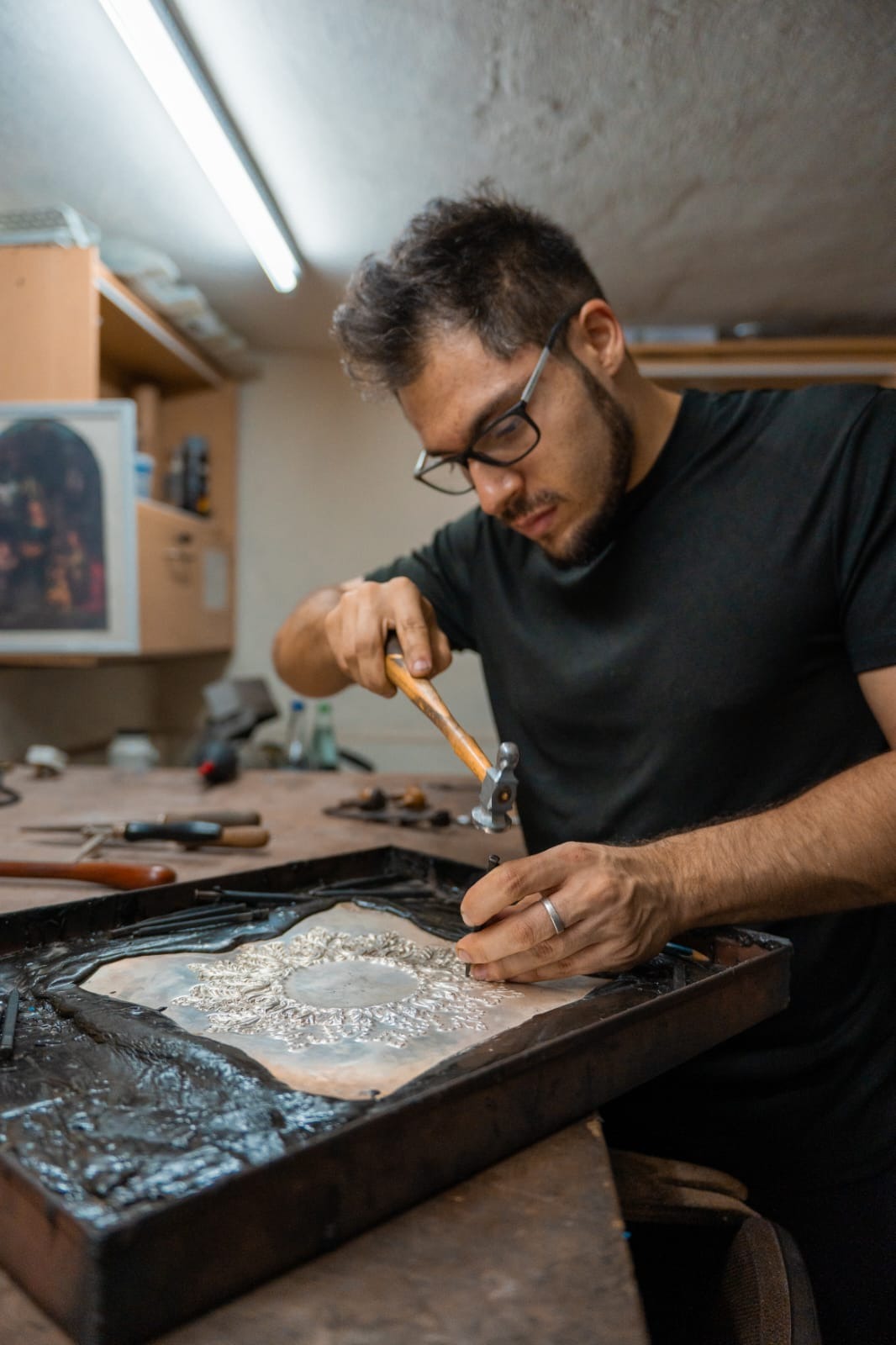Meta blocks AI chatbot from discussing abortion with minors
Meta won't allow its AI chatbot to discuss abortion with minors, according to a report from the progressive outlet Mother Jones.
Citing internal Meta documents, Mother Jones reported that Meta's chatbot policy guidelines for interactions with minors prevent the chatbot from advising them on "content that provides advice or opinion" about "sexual health" or offering information helping them obtain an abortion.
According to the report, a Meta spokesperson disputed claims of bias, saying that "any claims of enforcement based on group affiliation or advocacy are baseless" and that the company allows "posts and ads promoting health care services like abortion, as well as discussion and debate around them, as long as they follow our policies. We also give people the opportunity to appeal decisions if they think we've got it wrong."
When asked about the leaked documents, a company spokesperson told EWTN News: "Our AIs are trained to engage in age-appropriate discussions with teens and to connect them with expert resources and support when appropriate."
"They provide factual information on sexual health but refrain from offering advice or opinions. We continuously review and improve our protections so that teens have access to helpful information with default safeguards in place."
The Meta spokesperson also responded to advertisement censorship claims.
"Every organization and individual on our platforms is subject to the same set of rules, and any claims of enforcement based on group affiliation or advocacy are baseless," the spokesperson said.
United Kingdom assisted suicide bill falters as local measures advance
A national assisted suicide bill is failing to pass in the United Kingdom this week, even as local measures advance.
According to a statement by the advocacy group Right to Life UK, on Feb. 26 the national bill was "widely pronounced as dead by commentators after it was revealed that it will 'almost certainly' run out of time."
In Wales, the regional Parliament voted on Feb. 24 in favor of the National Health Service to oversee assisted suicide if the Terminally Ill Adults Bill passes in the House of Lords.
Archbishop Mark O'Toole of Cardiff-Menevia in a Feb. 25 statement called the vote "a sad day for Wales' most vulnerable."
The island of Jersey similarly passed a law to legalize assisted suicide in a 32-to-16 vote on Feb. 26 by members of the States Assembly. The measure applies to "mentally competent" adults with terminal illnesses and who have been residents of Jersey for 12 months.
Before the bill can become law, it will need royal assent.
Ohio appeals court upholds ban on aborted baby burial requirement
Ohio judges on Wednesday upheld a ban on a law requiring abortion clinics to dispose of the remains of babies via burial or cremation.
The appellate court in Cincinnati upheld a lower court ruling permanently blocking the law.
Ohio in 2023 passed a constitutional amendment enshrining a right to abortion.
Executive Director of Ohio Right to Life Carrie Snyder condemned the decision.
"It's unfortunate, but not a surprise, that the First District Court of Appeals sided with the abortion industry to stop Ohio's fetal remains law from taking effect. Sadly, clinics will continue treating these precious little ones like garbage to be disposed of as cheaply as possible," Snyder said in a Feb. 26 statement.
"This really underscores that abortion is not health care and that clinics are going to do everything within their power to boost their profit margin."
A Planned Parenthood spokeswoman, meanwhile, celebrated the decision, claiming the burial law was "cruel" and "nothing more than an opportunity to shame and stigmatize" women who get abortions.
Texas attorney general sues mail-in abortion company for alleged illegal shipments
Texas Attorney General Ken Paxton sued mail-in abortion company Aid Access along with California abortionist Remy Coeytaux and abortionist and founder of Aid Access Rebecca Gomperts for allegedly illegally shipping abortion drugs to Texas.
Aid Access' website advertises its shipping to all states including Texas, according to Paxton's press release.
"These unlawful shipments have had real and devastating consequences for Texas families," the press release read. "In 2025, a Nueces County man allegedly used abortion-inducing drugs obtained from an out-of-state provider to secretly poison his girlfriend, resulting in the death of their unborn child."
"Every unborn child is a life worth protecting," Paxton said, adding that he will "relentlessly enforce our state's pro-life laws against Aid Access and other radicals like it."


